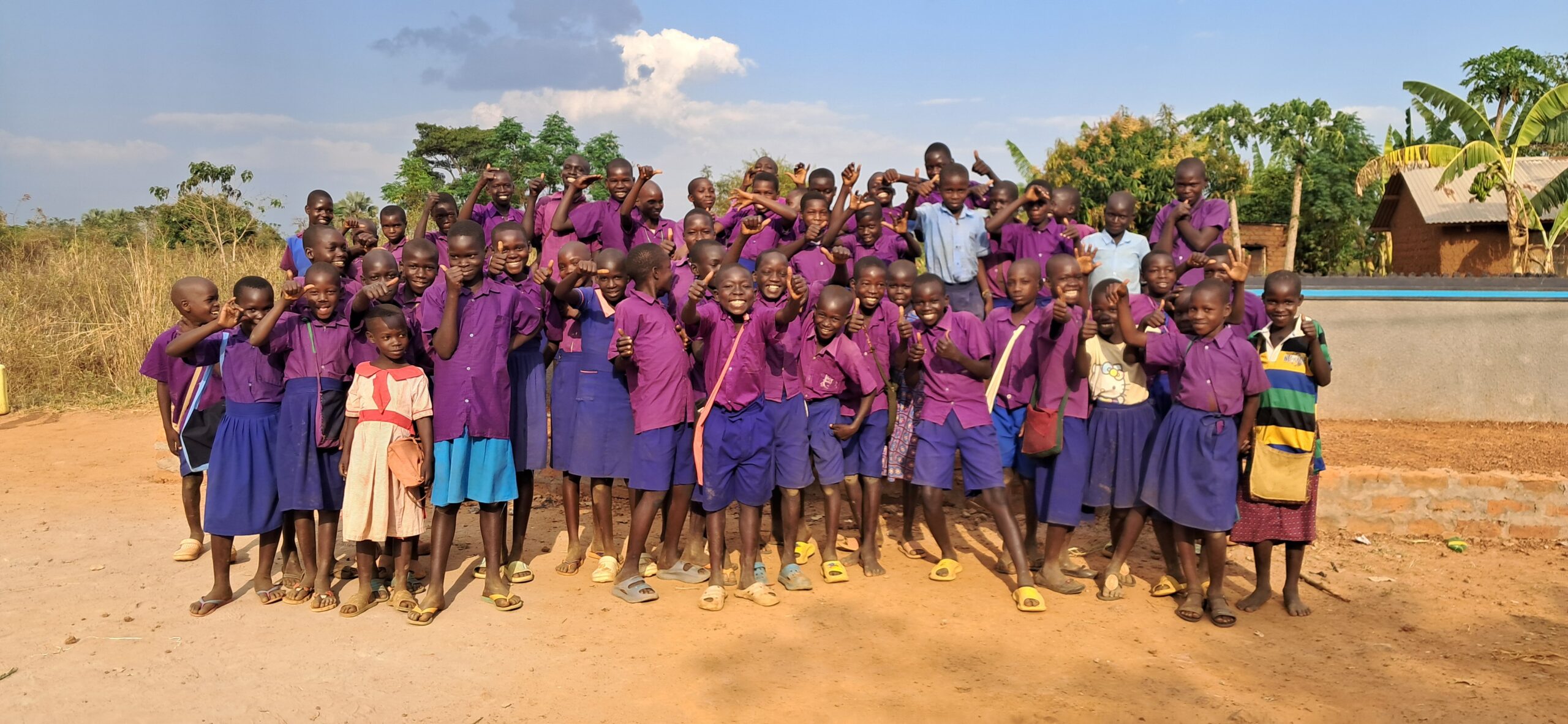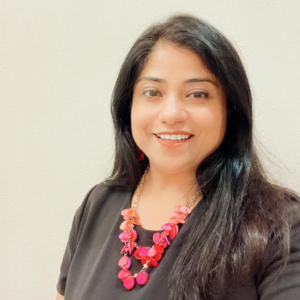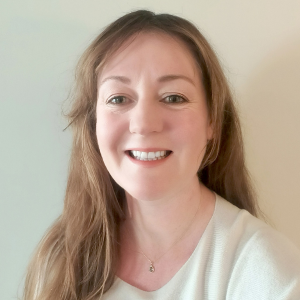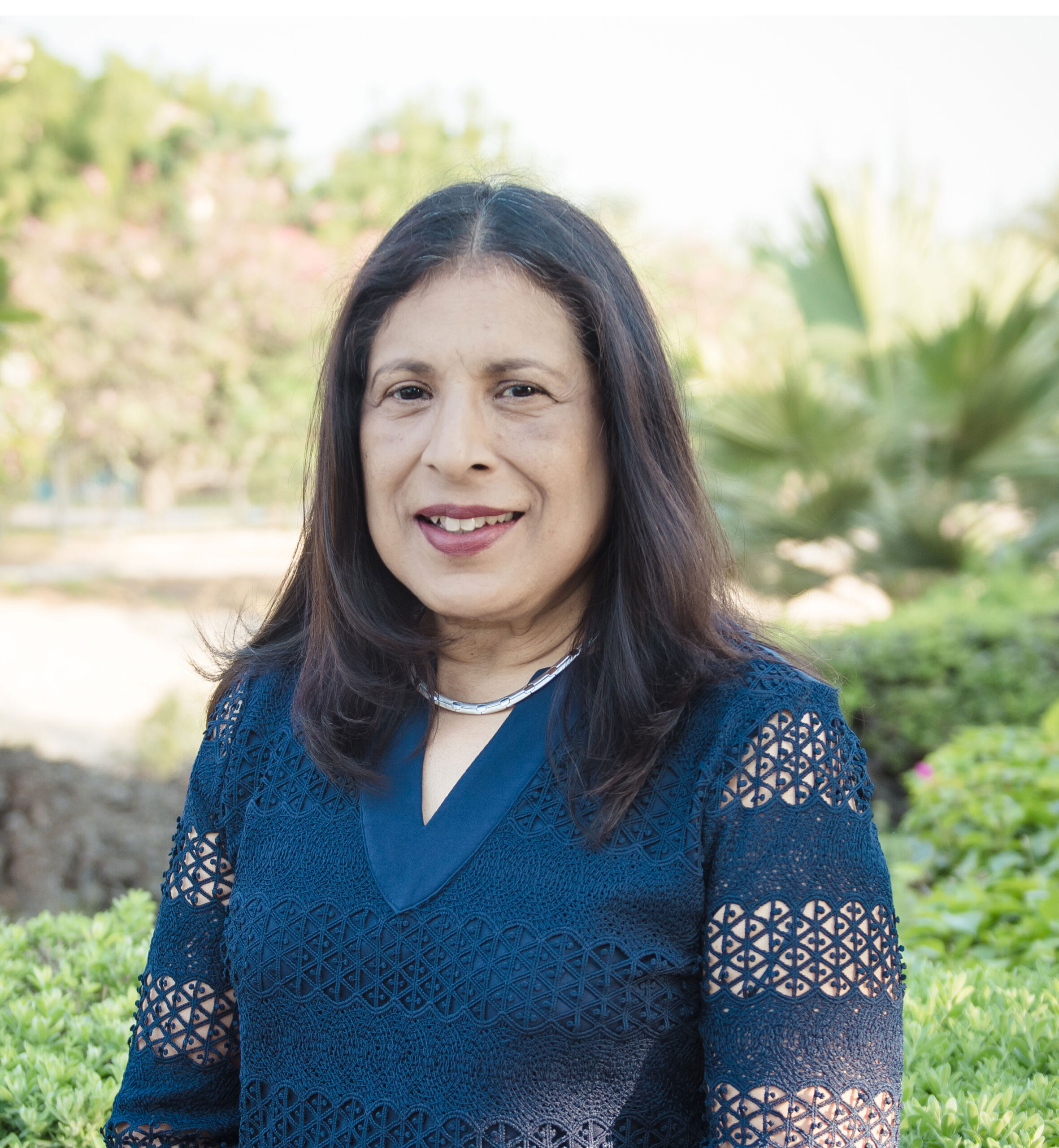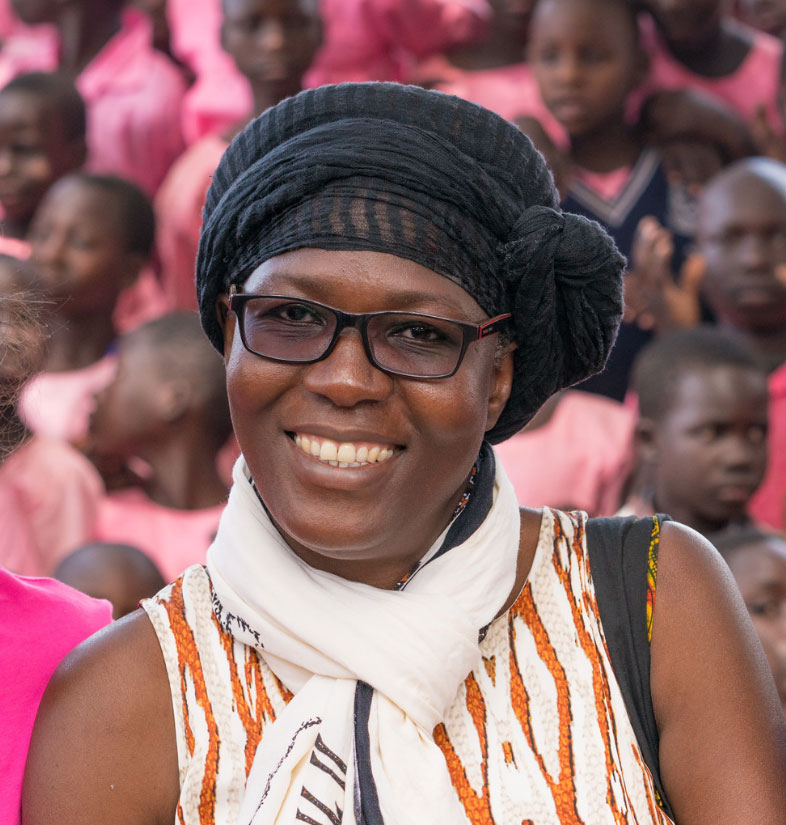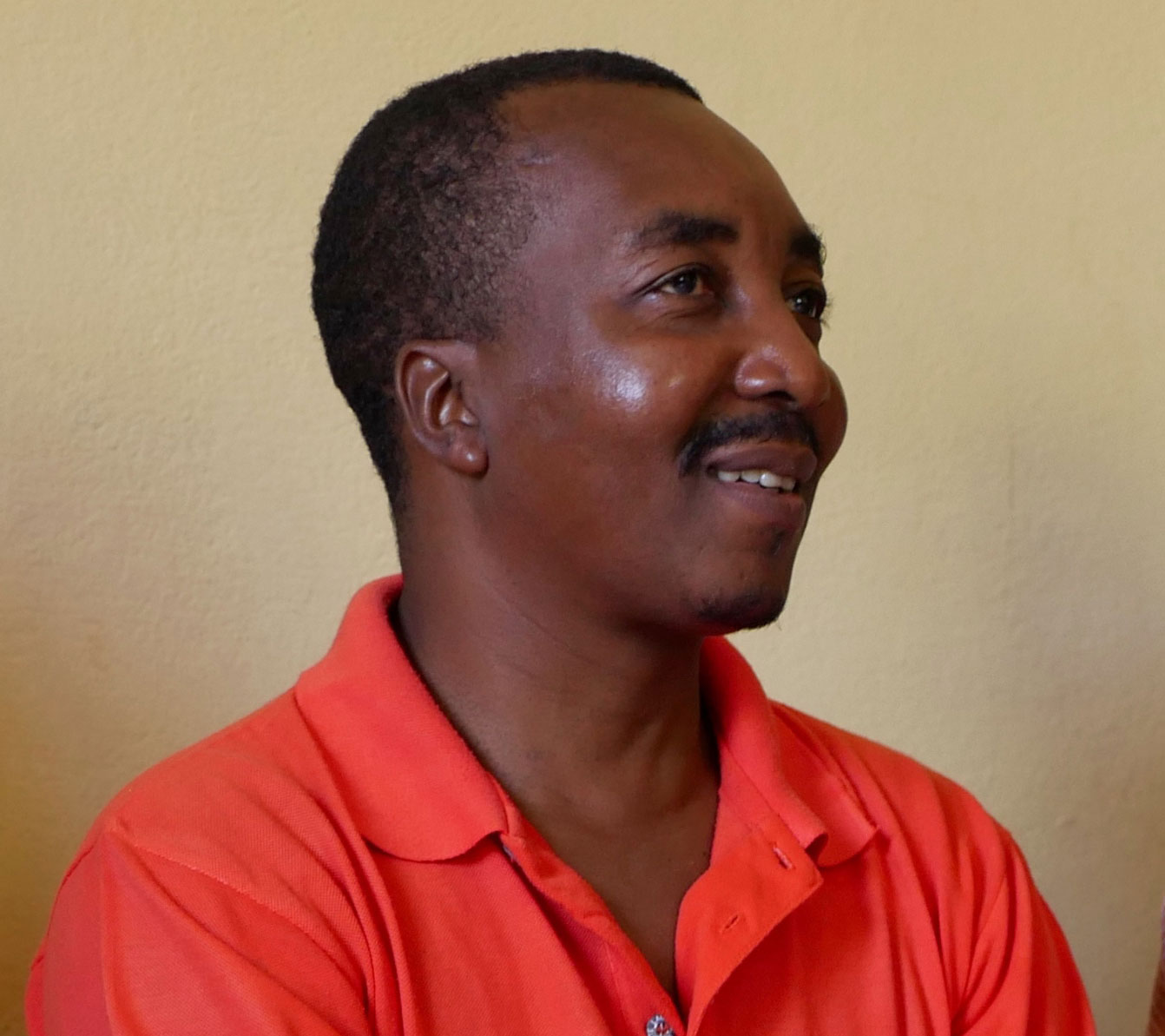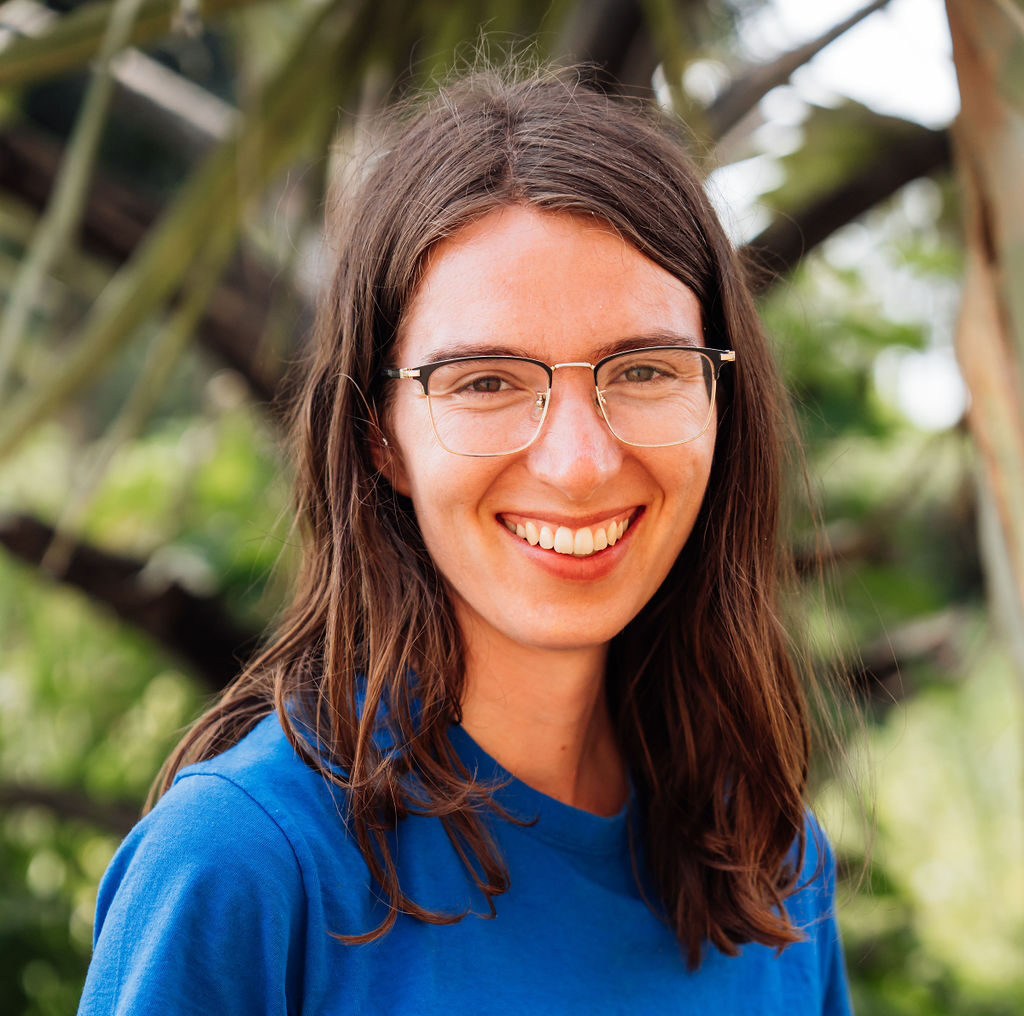As part of our 2030 Strategy, we plan to expand our work in Uganda to a total of 5 districts. Since 2019, we have been working in Kaberamaido and Kalaki Districts. This year, we have officially expanded our work into the neighboring district of Amolatar!
Amolatar District, located in North Uganda, is home to 120,000 people. It lies near the geographical center of Uganda and is bordered by Lake Kyoga. Fishing is an important part of daily life. Many households also practice subsistence farming and grow cassava, millet, maize, groundnuts, and sorghum.
Similar to Kaberamaido and Kalaki, it has heavily contaminated surface water and poor sanitation infrastructure. Most drinking water wells are malfunctioning: pumps are broken; pipes are insufficient and rusty; water sources are often highly contaminated; and several communities lack a water source entirely.
Together with our long-term partner POPOW, we are working with community and government leaders to bring our comprehensive clean water plus sanitation, hygiene, and menstrual health solutions to Amolatar. Our first projects in Amolatar are focused on two primary schools: Aputi and Abalodyang.
Aputi Primary School
Aputi Primary School, started in 1943, has 774 students. While they had a well on the school grounds, the water tested positive for E. Coli. Additionally, the toilet blocks at the school were disintegrating. The girls were using a temporary shelter that had been decommissioned. The boys toilet block lacked doors and was slowly sinking.
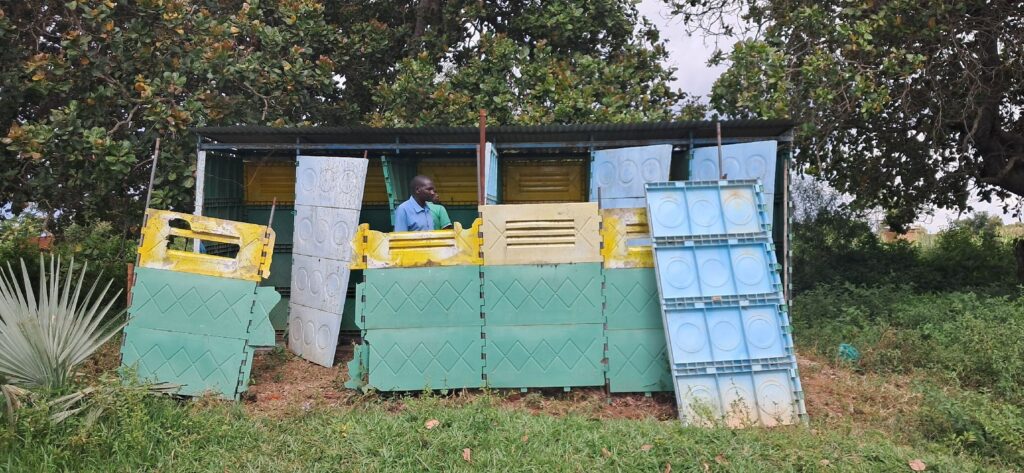
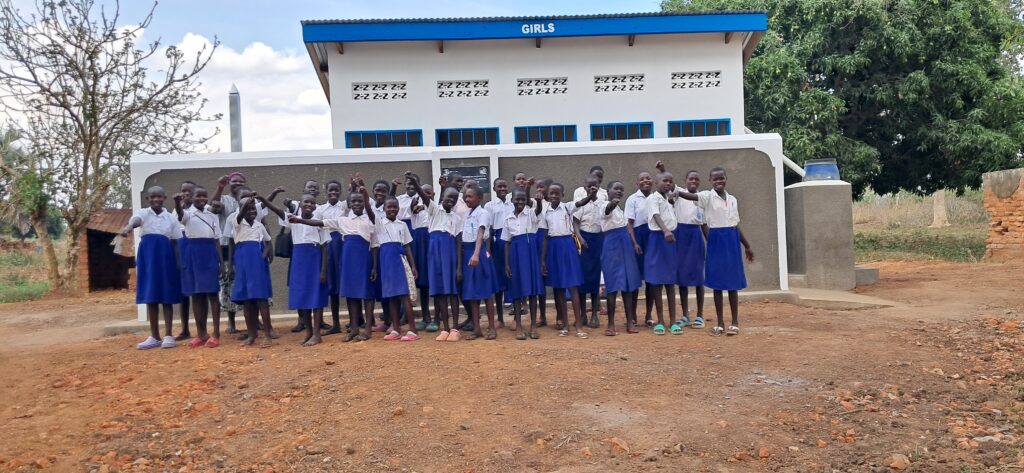
As part of our comprehensive water plus work, we are working with school leaders to not only construct new toilet blocks at the school – one each for boys and girls – but we are also working on our first solar powered well! When completed, this well will bring clean water to the school and surrounding community, as well as the nearby secondary school, trading center, churches, and more. A total of 3,722 people will soon have access to clean, safe water!

Abalodyang Primary School
Abalodyang Primary School has 1,132 students. The school well frequently broke down, forcing students to travel to the trading center to collect water. The girls’ toilet block had cracked floors where urine pooled and many students would not come to school when they were menstruating. The boys’ toilet block had broken doors and the younger boys practiced open defecation due to the condition of the toilets.
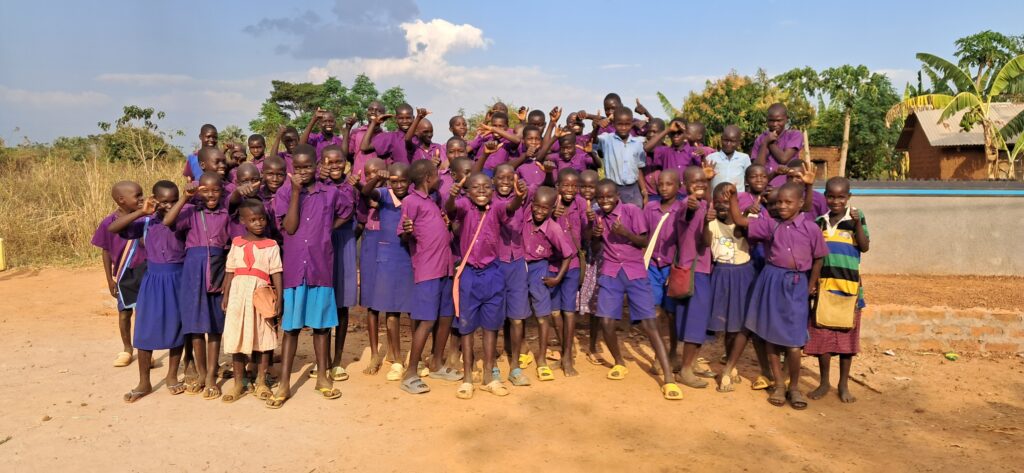
Similar to Aputi Primary School, we worked with school leaders to construct new toilet blocks and fix the existing well. While work is still ongoing, the school will soon have access to safe water and decent toilets, allowing the students to focus on school instead of where they will use the toilet!

Beyond Water to Thriving Communities
Providing schools and communities with access to safe water plus sanitation, hygiene, and menstrual health solutions is the core of our work. But our work is about more than safe water and decent toilets—it’s about fewer missed school days, reduced illness, increased household income, and stronger women’s leadership and community ownership to sustain it all. These outcomes lay the foundation for communities to thrive.

